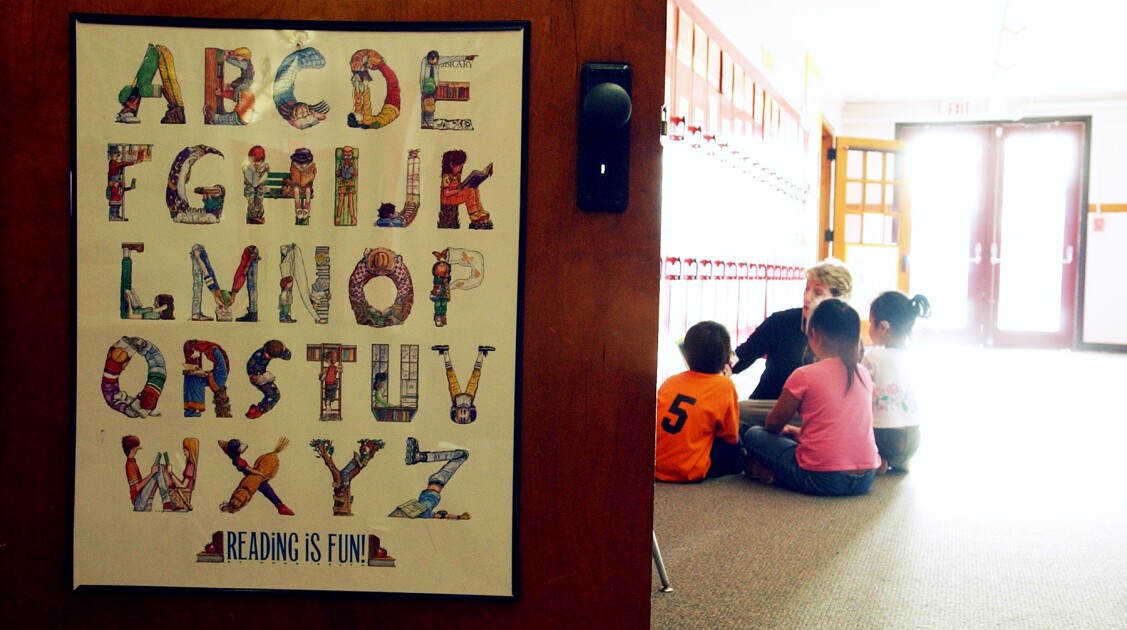I am writing this post from the National Association of Elementary School Principals (NAESP) conference in New Orleans. I am here at this conference with a close friend who is a principal in a district about 10 miles from my school. Andy (Yes, that is his real name; no need to protect the innocent.) is on my list of the top five brightest educators whom I know. Aside from being an outstanding teacher and instructional leader, he has become quite the expert on the PBIS intervention system, and he has used this to turn his school into a top performer in the State of Illinois. Educators from across the country are now asking him to speak on his successes with this program.
So why am I writing about Andy on this LeaderTalk post? Because I was shocked to learn that this innovative, forward-thinking principal and teacher does not have a clue about teaching and learning in the digital age. The proof? When I turned on my computer the other day, he looked at my screen and asked, “What is that?”
“It’s Skype, of course.” I replied, and I was tempted to add “Duh” but I kept that to myself. I thought everyone knew about Skype. Even my retired parents are using Skype when they travel. So, I did a little probing to find out just how 20th century Andy still was. I learned that he did not know about RSS, del.icio.us, Ning, Google Docs, and numerous other tools I have taken for granted for the last four years. And, if he does not know about these tools, the chances are great that his teachers are not using them in their classrooms.
Don’t get me wrong. I am not judging my friend, or any other educator who is not knowledgeable about the uses of technology in their professional work. I am, however, concerned that this is another example of how American education continues to lag behind in the uses of Web 2.0 tools in the classroom.
This point was made crystal clear by Ian Jukes when he spoke to the hundreds of principals at Friday’s opening key note speech. Jukes explained that technology is growing at an exponential rate, yet schools are not even close to keeping up. He described the Four Global Exponential Trends as he sees them:
1. Moore’s Law (coined by Gordon Moore, co-founder of Intel) - In 1963 Moore predicted that computer chip design technology will exponentially double every 24 months, and that the cost of computers will decline by 50 percent in each 24 month period. This appears to have held true (now doubling at a rate of every 18 months), and the trend will continue for at least 50 more years. Jukes predicted that at this rate, personal computers will cost $1.37 in the year 2022.
2. Photonics - How fast is fast? Laser light traveling over fiber optic cable will become the norm around the world, although we are still in the stone age with this technology. Band width speeds are trippling exponentially every six months. Soon, we will have anytime/anywhere access to all the known information in the world at unbelievably high speeds.
3. The use of the Internet - It provides all the information needed for learning, and its uses are growing exponentially in every aspect of our lives. We are on the cusp of programs such as continuous voice recognition that can accurately convert spoken language to text at a rate of more than 100 words per minute. Imagine how that will change writing instruction in school. How about full immersion virtual reality and the near future use of 3-D hologram technology in schools? Picture these technologies in classrooms.
4. Finally, Jukes says that we are becoming overwhelmed with information flooding into our brains faster than we can process. He calls this “Infowhelmed.” Trends 1, 2, & 3 are proof that informtion is temporary and disposable, like the newspaper that is out of date even before it hits your front door.
According to Ian Jukes these exponential trends are “The biggest threat to public education today.”
The world of information is growing exponentially. What are you doing to keep up in your leadership, your teaching, and your learning?
Hey, Andy. It’s time to start a blog!
Cross Posted at The Principal and Interest
Dave Sherman


